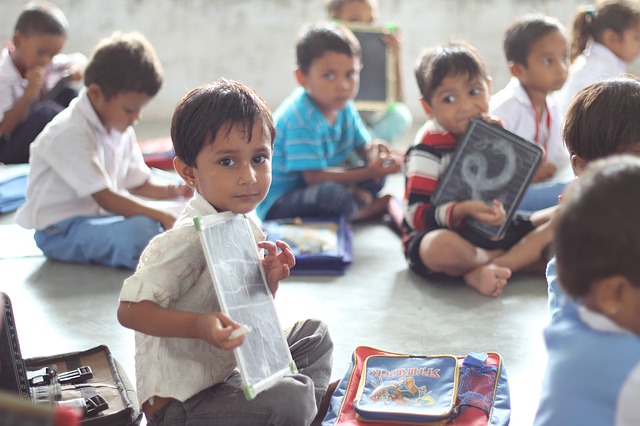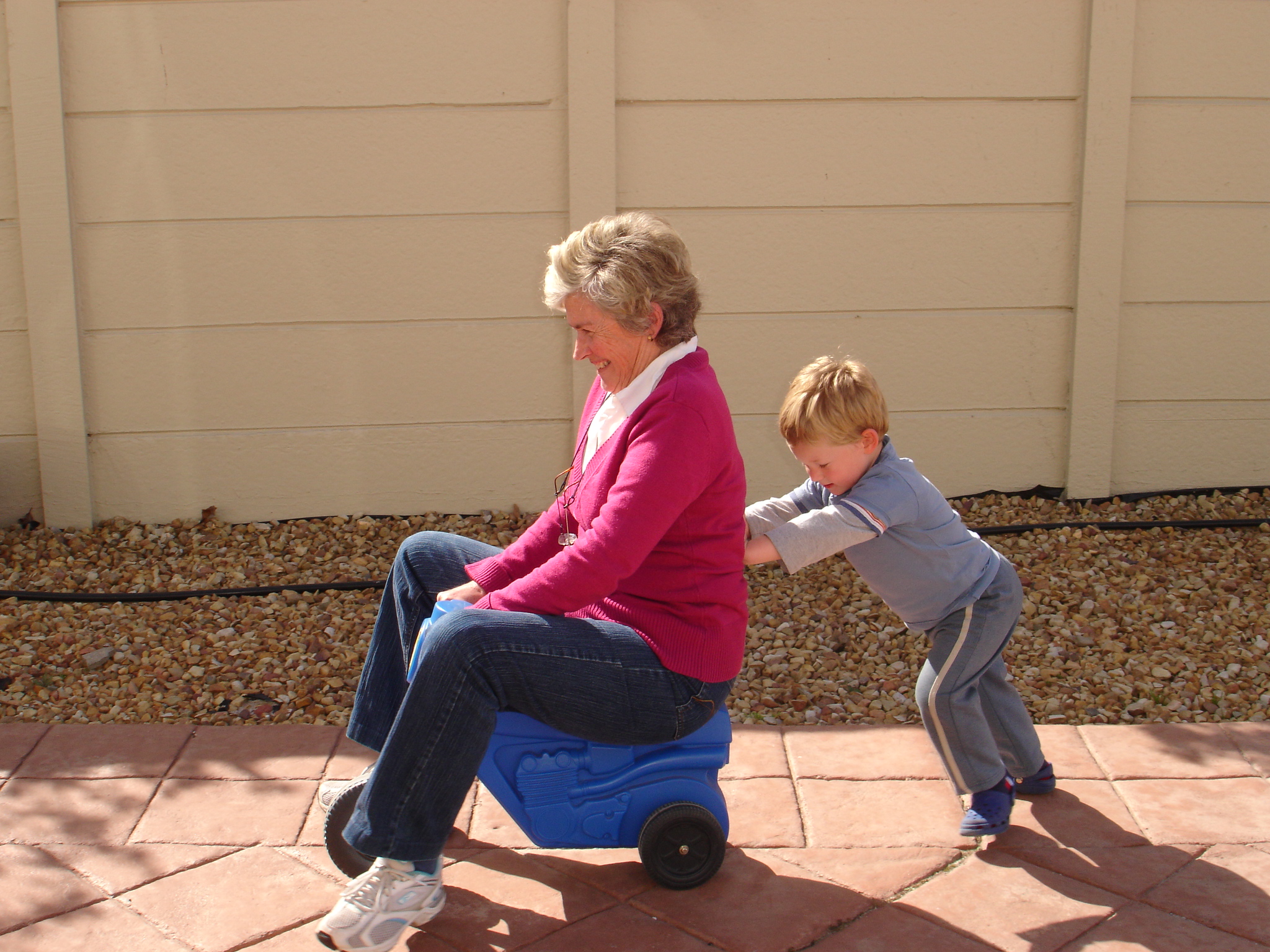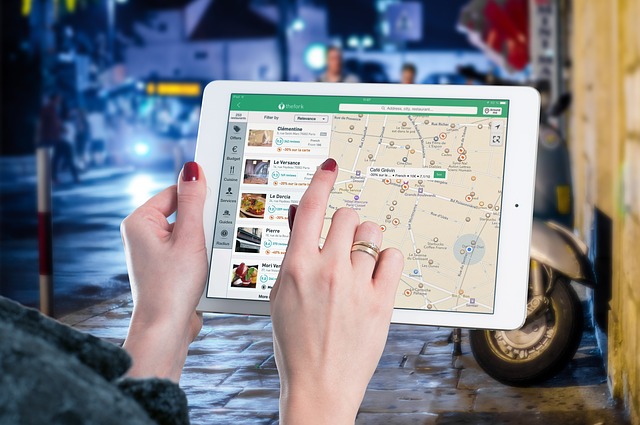MUNNFTSE International Investment Holdings (Luxembourg) S.a.r.l. Our New Cooperative and Social Enterprise Calls Us to Action
Financial Literacy - Is It Dangerous or Essential?

A new and exciting concept has been launched in Luxembourg, a social enterprise with a cooperative structure based on a unique goal of "Actively Helping People with Their Socio-Economic Affairs & Lives both coming out of COVID-19 and beyond".
Having retired from the world of banking & IT consultancy, Clive MUNN (Acib) has now conceived MUNNFTSE International Investment Holdings (Luxembourg) Sarl — currently under formation — which goes many steps further than the previous concept of MFTSE Affairs S.A., back in 2016 which also had the aim of promoting socio economics, including via the FEM (Finance Eco Money) website now resurrected at https://munnftse.eu/. Whether before its time or not, Luxembourg was not quite ready then for such a socio-economic approach to business and finance. So now we have: My Ultimate Nature Nurturing Finance To Socio Economic life and affairs.
Clive talked with Chronicle.lu and explained:
"We know it has been hard to imagine, until today, with so many new cases & strains still surging around the world, but we also know there will be a time, soon, when, aided by vaccination, the COVID-19 pandemic will be behind us.
Just close your eyes for 5 minutes says Clive; join the “World of Learning”, Imagine What Could Be and “Never Stop Inspiring”. It is safe to assume that society will now be changed forever, given how disruptive the virus has been to virtually every part of our lives around the world. Of course, we still have a long way to go before life truly gets back to “Normal”, whatever that is.
However, all MUNNFTSE planning and management is based around an ethos that is first and for mostly emphasising the importance of sound investment for all which, we believe, must always be Diversified; Eco-Logical; Sustainable; Tax Optimal; Income Generating; New &, most importantly, Sharing & caring — our "DESTINS" (Destinies) in fact. Of course, this must be regularly reviewed, lived and massaged, at the same time as being controlled by our internal and where appropriate, out sourced, Audit, Communications, Insurance, Policy & Procedures, Compliance, KYC and Legal teams.”
Secondly, Clive who is surrounded by a larger group of like-minded professionals than before is optimistic that the vaccines will bring an end to the pandemic, at some point in the near future. We see now in the UK that, as at 11 January 2021, 2.6 million of the most vulnerable people in the UK have already been vaccinated and that a large majority in the UK will be covered by the autumn of this year (a bit faster than Brexit!!).
What the “World of Change” looks like after this terrible wake-up call, we believe entails a more determined focus on Getting Closer to Nature, aided by Embracing Fully the New Digital Revolution. Many of the digitisation trends we have seen, especially in the areas of Online Learning, Telemedicine & Health

& Well Being and, in particular, remote Co-Working, will become a more and more essential and inevitable part of our lives" he added.
Already MUNNFTSE have created a “World of Action” with a number of projects underway, mainly based on Co-Working, Living, Gardening, Leisure & Car Sharing concepts as well as property management. “Life is Work” and “Work is Life” as we say. In fact, the MUNNFTSE & FEM Group of Companies already have some 12 projects underway managed by 12 Ecological & Social Transition based Consultants. The first is indeed a Cooperative integrated community with Co-living, Working, Studying, Gardening, Leisure, Car Pooling and Sharing project in Leudelange. Plans include potential projects on Place de Paris, in Esch-sur-Alzette and two projects in Samoëns in France. It is also planned that the Head Office will be either in the Rue des Bains or Station areas of the International City of Luxembourg. We intend, at this stage, to seek help from the “Ville” and/or government sources and may even try to create a new House of Co-operatives. The operational part of the business/group is housed in MUNNFTSE Life (Luxembourg) Scop, a coopertive company which takes a form well know and established across Europe.
Our Consultants intend to continue assisting and promoting, especially start-up organisations and those who fully endorse our overall philosophy. There is a partnership page on our website where businesses can exchange their logo with ours in a co-operative, free way (Like freely available software). The idea is, of course, to increase SEO (Search Engine Optimisation) i.e. coming first or near the top in, for example, Google searches but it will also become a New Directory for Like Minded People and Businesses.
They say that “Together is Better” and we believe that, in this way, we can really move now to change things for everyone, bringing an end to the pure version of financial capitalism which disgusts so many of us, at all ages. Finance (sharing resources), Business, Journalism and everything only for Good with only ethical projects and articles designed to help and serve one and other in order to eliminate greed, the terrible enemy of the poor and underprivileged. Providing beautiful services and accommodation at a fair price, not an ever ballooning unsustainable bubble like the current stock exchange or property markets.
So www.MUNNFTSE.eu and their team, look forward to meeting and exchanging ideas with you. At their site you can choose to join and blog or participate in their community at different levels. Alternatively perhaps you would like to participate in their exciting new cooperative by buying a share at only €10. This would, of course, not only enable you to share your ideas with the community but also to benefit from future group dividends and all the other benefits associated with humanitarian co-operatives”.
The MUNNFTSE & FEM Group of Companies also support ALN the Association Luxembourg-Nepal Asbl charity which helps to reduce poverty in Nepal. https://aln-luxembourg-nepal.org/










































